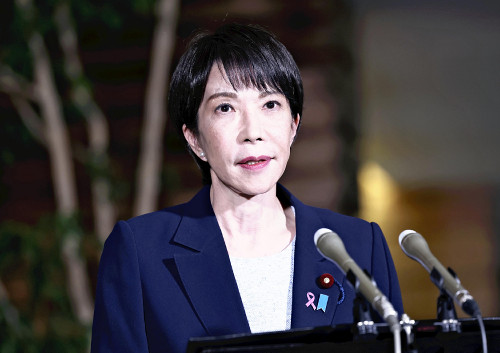In an effort to shield its economy amid global downturns, the Japanese government is orchestrating a colossal economic package worth over 17 trillion yen. The colossal financial maneuver aims to mitigate the adverse impacts of economic headwinds, investing heavily in businesses affected and displaced by the current societal turbulence. Details of this program are expected to be unveiled shortly, but the lion's share is anticipated to be directed at industries most impacted by the economic slowdown, with a primary goal of minimizing job loss.
Economic stability is highly valued in Japan society, and this move mirrors the government's commitment to safeguard economic conditions and livelihoods amid turbulent global landscapes. Given the collectivist nature of Japanese society, government initiatives to protect industries and, by extension, jobs, are typically received with approval and appreciation, although there is often debate about the best way to allocate resources. This maneuver demonstrates a proactive governmental approach to economic protectionism, indicative of the general Japanese disposition.
In comparison to the EU or the US, the Japanese approach tends to be more proactive and protective. In a similar vein, the US has also launched a massive stimulus package, though it heavily leans towards direct payments to citizens. Meanwhile, the EU has taken a more multilateral approach, with a strong emphasis on economic partnerships and cooperative recovery efforts rather than a singular larger government stimulus package.

